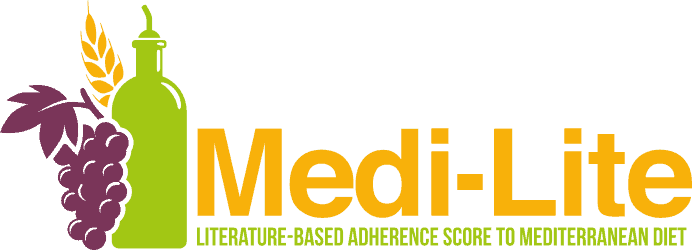Mediterranean diet and sustainability
The Mediterranean Diet is promoted as a healthy and environmentally sustainable food model. It is based on the preferential choice of plant-based, predominantly local, fresh and seasonal foods, with moderate consumption of foods of animal origin. The authors of a recent study assessed the relationship between adherence to the Mediterranean diet – investigated through the Medi-Lite questionnaire – and sustainability, in socio-economic and environmental terms.

The results showed that higher adherence to the Mediterranean diet was associated with a 35% reduction in land consumption, a 15% decrease in CO2 emissions, and 17% lower energy demands. Conversely, the monetary cost associated with the highest adherence to the Mediterranean diet was 15% higher than that for the lowest adherence. Finally, nutritional quality was significantly higher in the group of subjects with the highest adherence to the Mediterranean diet.
Mediterranean diet is thus confirmed not only as a healthy food model, ensuring the adequate nutritional intake, but also as an environmentally sustainable pattern, even though strategies are needed to reduce its monetary costs.
Source:Baudry J, et al. Sustainability analysis of the Mediterranean diet: results from the French NutriNet-Santé study. British Journal of Nutrition. 2023:1-42. doi:10.1017/S0007114523001411



